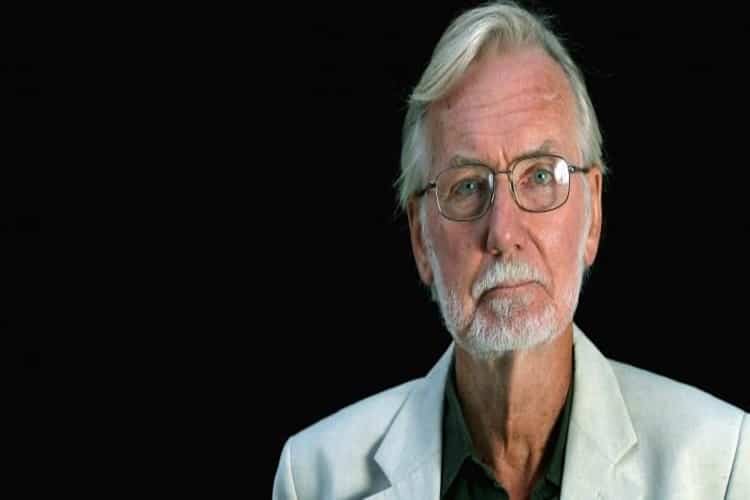In the Shadow of Stories: The Barry Unsworth Saga

Barry Unsworth (10 August 1930 – 4 June 2012) was an English writer known for his historical fiction. He received the Booker Prize for Fiction in 1992.
Life and Career
Barry Unsworth was born on August 10, 1930, in Wingate, a mining village in County Durham. He grew up in a working-class family, and his early experiences in this industrial setting influenced his later writings. Unsworth attended the local grammar school, and after completing his education there, he went on to study at the University of Manchester.
Unsworth started his career as a teacher, working in different countries such as France, Greece, and Turkey. His experiences abroad would later play a significant role in shaping the settings of his novels. In the 1960s, he began to focus on writing full-time, and his early works included novels like “The Partnership” (1966) and “The Greeks Have a Word for It” (1967).
However, it was with his historical novels that Unsworth gained widespread recognition. One of his most notable works is “Pascali’s Island” (1980), which is set in Ottoman-ruled Turkey and explores themes of deceit and betrayal. Another significant novel, “Sacred Hunger” (1992), won the Booker Prize and delved into the 18th-century Atlantic slave trade. Unsworth’s ability to weave intricate plots into historical settings showcased his mastery of the craft.
Over the course of his career, Unsworth continued to produce notable works, including “Morality Play” (1995), “The Ruby in Her Navel” (2006), and “Land of Marvels” (2009). His writing style was characterized by meticulous attention to historical detail and a keen understanding of human psychology.
Award and Legacy
Barry Unsworth received the Booker Prize for Fiction in 1992 for his novel “Sacred Hunger.” The book, set against the backdrop of the Atlantic slave trade in the 18th century, was widely praised for its historical depth and compelling narrative.
Barry Unsworth is remembered as a masterful storyteller and a writer who skillfully combined historical research with imaginative storytelling. His novels continue to be studied in literature courses, particularly for their exploration of historical periods and examination of complex moral and ethical issues.
Unsworth’s legacy lies in his contribution to the genre of historical fiction. He demonstrated a meticulous approach to historical detail, transporting readers to different eras and immersing them in the social, political, and cultural landscapes of the past. His exploration of human nature, morality, and the consequences of historical events resonates with readers. Unsworth’s novels often grapple with ethical dilemmas and the impact of historical forces on individuals and societies.
Having lived and worked in various countries, Unsworth’s global perspective is evident in his novels. His ability to capture the essence of different cultures and historical settings adds depth and richness to his works. Despite his passing in 2012, Barry Unsworth’s novels continue to be read and appreciated. His legacy endures through the ongoing interest in his books, making them a part of the literary canon for those interested in historical fiction.
Observer Voice is the one stop site for National, International news, Sports, Editor’s Choice, Art/culture contents, Quotes and much more. We also cover historical contents. Historical contents includes World History, Indian History, and what happened today. The website also covers Entertainment across the India and World.
Follow Us on Twitter, Instagram, Facebook, & LinkedIn

